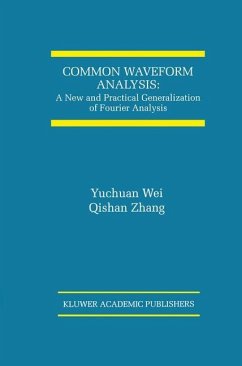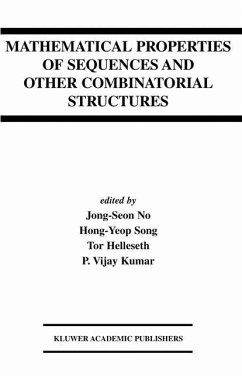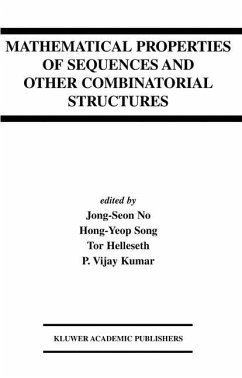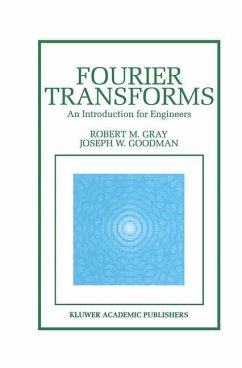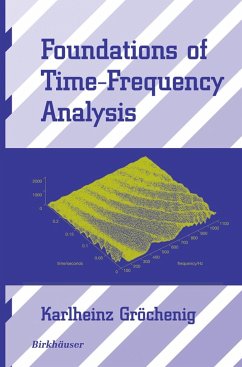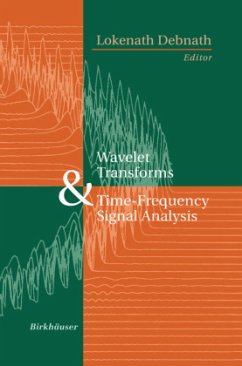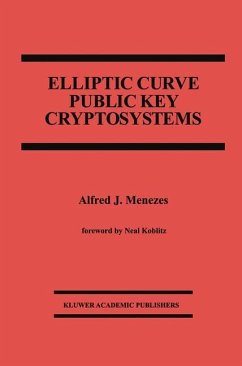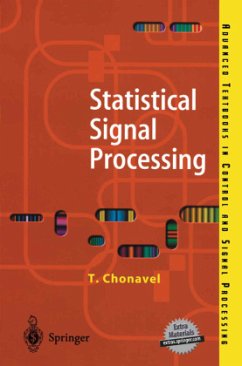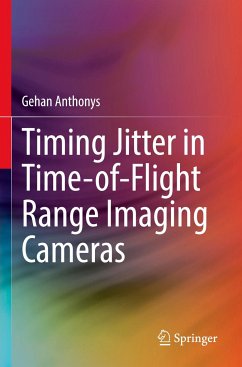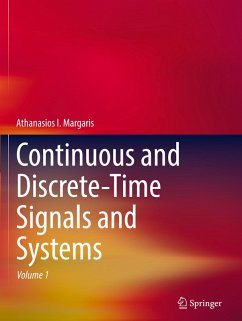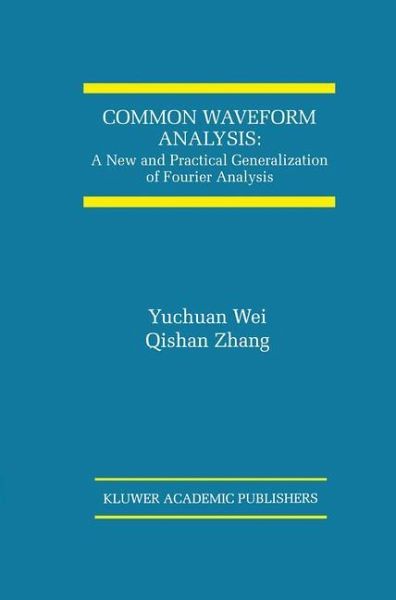
Common Waveform Analysis
A New And Practical Generalization of Fourier Analysis
Versandkostenfrei!
Versandfertig in 1-2 Wochen
77,99 €
inkl. MwSt.
Weitere Ausgaben:

PAYBACK Punkte
39 °P sammeln!
Common Waveform Analysis, which will be of interest to both electrical engineers and mathematicians, applies the classic Fourier analysis to common waveforms. The following questions are answered: Can a signal be considered a superposition of common waveforms with different frequencies? How can a signal be decomposed into a series of common waveforms? How can a signal best be approximated using finite common waveforms? How can a combination of common waveforms that equals a given signal at N uniform points be found? Can common waveforms be used in techniques that have traditionally b...
Common Waveform Analysis, which will be of interest to both electrical engineers and mathematicians, applies the classic Fourier analysis to common waveforms. The following questions are answered:
- Can a signal be considered a superposition of common waveforms with different frequencies?
- How can a signal be decomposed into a series of common waveforms?
- How can a signal best be approximated using finite common waveforms?
- How can a combination of common waveforms that equals a given signal at N uniform points be found?
- Can common waveforms be used in techniques that have traditionally been based on sine-cosine functions?





